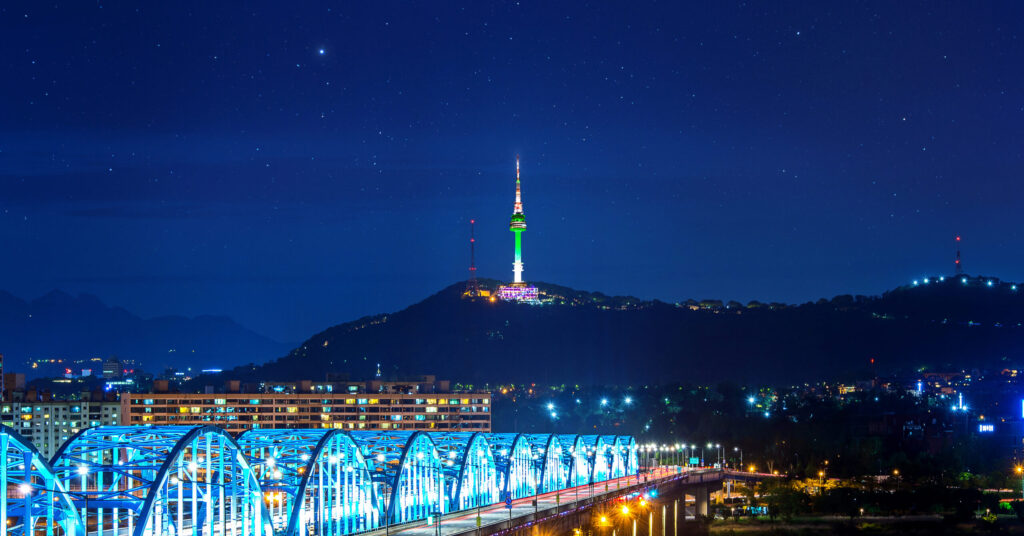
Entertainment as an Economic Engine: South Korea's Soft Power Revolution
Introduction
In the past two decades, South Korea has redefined what it means to be a global cultural powerhouse. Through the rise of K–pop, Korean cinema, and addictive dramas, the country has turned entertainment into a strategic economic engine. What was once a niche cultural export is now a multi–billion–dollar industry that fuels tourism, fashion, tech, and national branding. South Korea’s soft power revolution isn’t just about fame it’s about influence, identity, and prosperity.
Cultural Exports and Revenue Models
South Korea’s entertainment industry is no longer just about artistic expression it’s a well–oiled economic machine.
– In 2023, K–pop exports alone generated over $10 billion in revenue, with groups like BLACKPINK and BTS leading global tours, merchandise sales, and streaming dominance.
Korean dramas, distributed via platforms like Netflix and Viki, have become global sensations. Shows like Crash Landing on You and Extraordinary Attorney Woo reached audiences in over 190 countries, driving subscriptions and licensing deals.
– The Korean Wave (Hallyu) has created a ripple effect across industries boosting sales of cosmetics, fashion, and even food. For example, instant noodle exports surged by 20% after being featured in popular dramas.
Entertainment isn’t just a product it’s a gateway to Korean lifestyle and consumer culture.
Government Backing and Creative Infrastructure
South Korea’s cultural boom didn’t happen by accident. It was the result of deliberate policy and investment.
– Since the late 1990s, the Korean government has invested in cultural promotion through agencies like KOCCA (Korea Creative Content Agency), which funds music, gaming, animation, and film projects.
– Tax incentives and grants have helped small production houses scale globally, while training academies for aspiring idols and actors ensure a steady pipeline of talent.
– The Ministry of Culture, Sports and Tourism actively promotes Korean content abroad, organizing festivals, exhibitions, and bilateral cultural exchanges.
This infrastructure has turned creativity into a national asset one that’s nurtured, protected, and exported.
BTS and Parasite: Case Studies in Cultural Power
Few examples illustrate Korea’s soft power better than BTS and Parasite.
– BTS, the seven–member boy band, became the first Korean act to top the Billboard Hot 100 and speak at the United Nations. Their global fanbase, known as ARMY, spans millions and drives not only music sales but social campaigns, charitable donations, and brand partnerships. In 2021, BTS contributed over $5 billion to Korea’s GDP, according to the Hyundai Research Institute.
– Parasite, directed by Bong Joon–ho, made history by winning the Academy Award for Best Picture in 2020. It wasn’t just a cinematic triumph it was a cultural statement. The film’s success led to increased
global interest in Korean cinema and boosted international sales of Korean films by over 30% the following year.
These aren’t just entertainment milestones they’re economic and diplomatic victories.
Tourism, Fashion, and Global Brand Synergy
Korean entertainment has become a magnet for global tourism and a catalyst for brand growth.
– After the release of Winter Sonata, tourism to South Korea surged, with Nami Island becoming a must- visit destination for fans. Today, K–pop concerts and drama filming locations attract millions of international visitors annually.
– Korean fashion, often showcased in dramas and music videos, influences global trends. Brands like Gentle Monster and StyleNanda have expanded internationally, riding the wave of celebrity endorsements and visual storytelling.
– Major corporations like Samsung, Hyundai, and LG now integrate K–pop and drama stars into their marketing, creating synergy between cultural appeal and product visibility.
Entertainment isn’t just a sector it’s a strategy that connects industries and elevates national identity.
Conclusion
South Korea’s rise as a cultural superpower proves that charisma can be monetized and that storytelling can drive strategy. Through music, film, and fashion, Korea has built an ecosystem where creativity fuels commerce and soft power becomes hard currency. In a world increasingly shaped by influence, South Korea stands as a masterclass in how culture can lead the economy.
Article by: Nandani Singh
Nandani Singh
Writer & Blogger
- Korean Culture/society, Korean Technology
- August 13, 2025